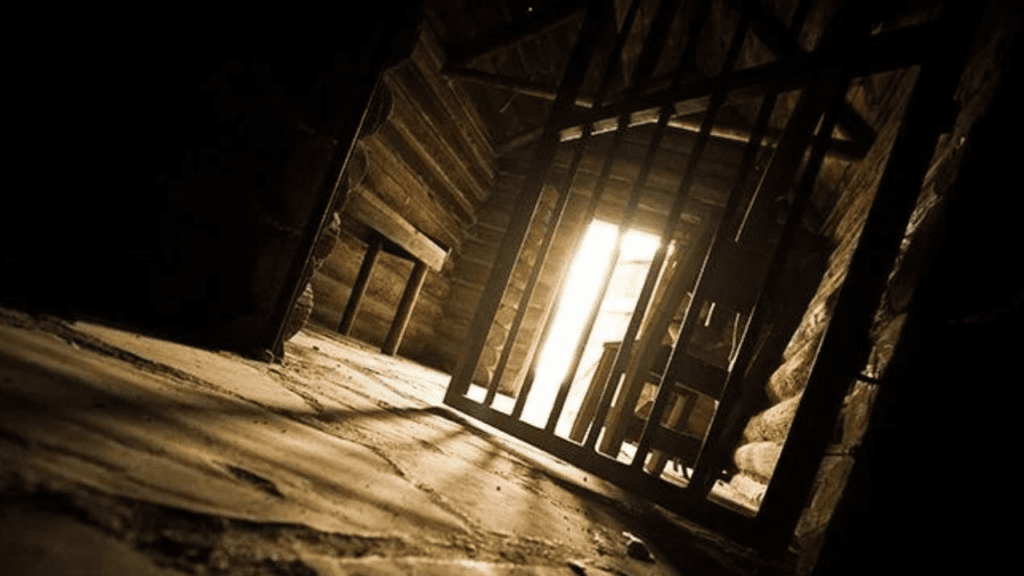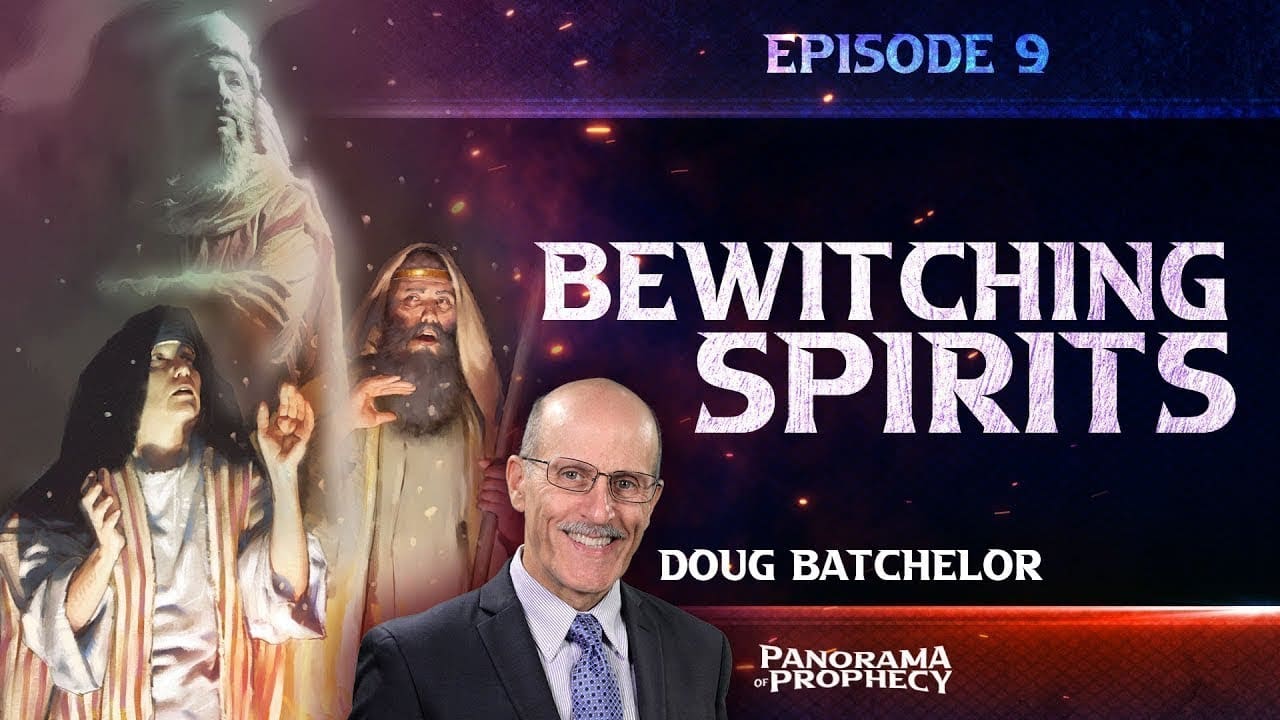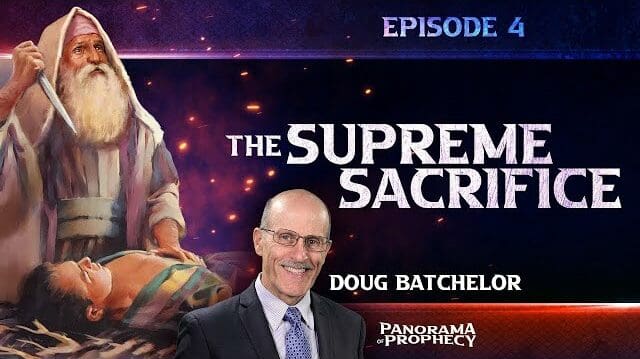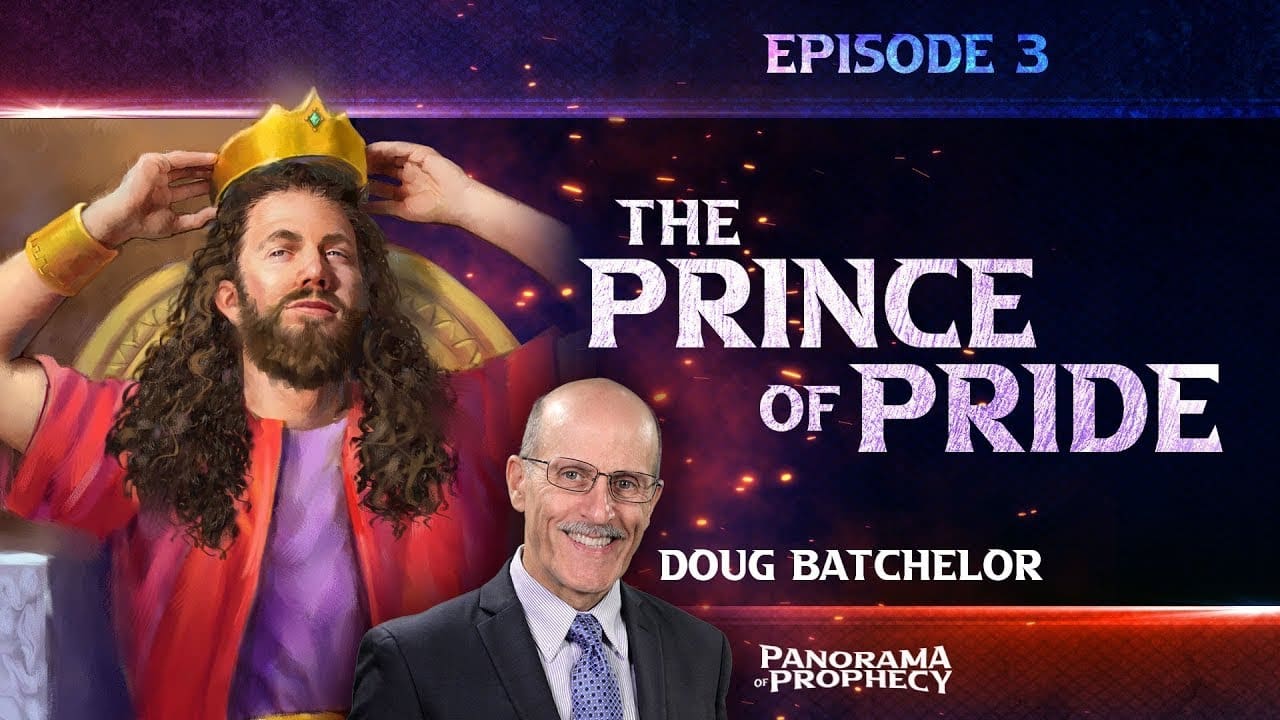“…By whom also He went and preached to the spirits in prison.”1 Peter 3:19.
This verse has caused different interpretations and debates among churches. Some churches recite the Apostle’s Creed, which mentions Jesus descending into hell, while others skip or consider it optional. One interpretation connects this verse to the belief that Jesus preached to the souls of the dead in hell. They think the spirits mentioned are the souls of deceased people, and the prison refers to eternal hellfire.
But there are other interpretations too. Some churches teach that humans existed as spiritual beings before life and return to that state after death. They believe the spiritual realm after death is where God continues to teach the departed. They use the text from Peter to support this idea, calling this realm a prison where spirits are in God’s presence.
With so many different interpretations and debates, it may seem confusing and hard to know the true meaning. However, if we look at the context of the passage, we can understand it better:
“For Christ also suffered once for sins, the just for the unjust, that He might bring us to God, being put to death in the flesh but made alive by the Spirit, by whom also He went and preached to the spirits in prison, who formerly were disobedient, when once the Divine longsuffering waited in the days of Noah, while the ark was being prepared, in which a few, that is, eight souls, were saved through water.” (1 Peter 3:18–20).
This passage is talking about Jesus Christ, saying that He preached to imprisoned spirits. But it also clears up the confusion. It tells us that it was the Holy Spirit, not Jesus, who did the preaching. The Holy Spirit speaks the words given by Christ (see John 16:13) and represents Christ while being a different part of God. So, it’s not Jesus going to hell to preach, but the Holy Spirit doing the preaching.
So when and where did this preaching happen, and who were the spirits that the Holy Spirit preached to? The answer is in verse 20.
The spirits mentioned were “formerly disobedient.” Disobedience to God is sin, and the Bible describes sinners in rebellion against God as prisoners of unrighteousness (see Romans 6:16). The idea of imprisonment is used in other parts of the Bible to talk about the condition of sin (see Psalm 142:7, Isaiah 42:6, 7, and Luke 4:18). So the “spirits in prison” refer to those who rebel against God, in other words, sinners.
The passage also tells us when this preaching happened. It specifically mentions the “days of Noah” and the time when the ark was being built. In the context, the passage is talking about Christ’s ministry, through the Holy Spirit, to reach sinners during Noah’s time, before the flood. It doesn’t support the idea of Jesus going to hell between the cross and the resurrection, or that the “prison” means a heavenly learning place after death. The passage is clear: the Holy Spirit preached to sinners in Noah’s time, before the flood.
To make it even clearer, Peter continues in verse 21:
“There is also an antitype which now saves us—baptism (not the removal of the filth of the flesh, but the answer of a good conscience toward God), through the resurrection of Jesus Christ” 1 Peter 3:21
Peter says that baptism is like the story of Noah’s ark. Just as the water saved Noah and his family, baptism saves us. It’s not about washing the body, but about making a commitment to God. Baptism saves us through the power of Jesus’ resurrection.
So, when we look at the whole passage, it becomes clear that it’s about the Holy Spirit preaching to sinners in Noah’s time, not about Jesus going to hell or a heavenly learning place after death.














